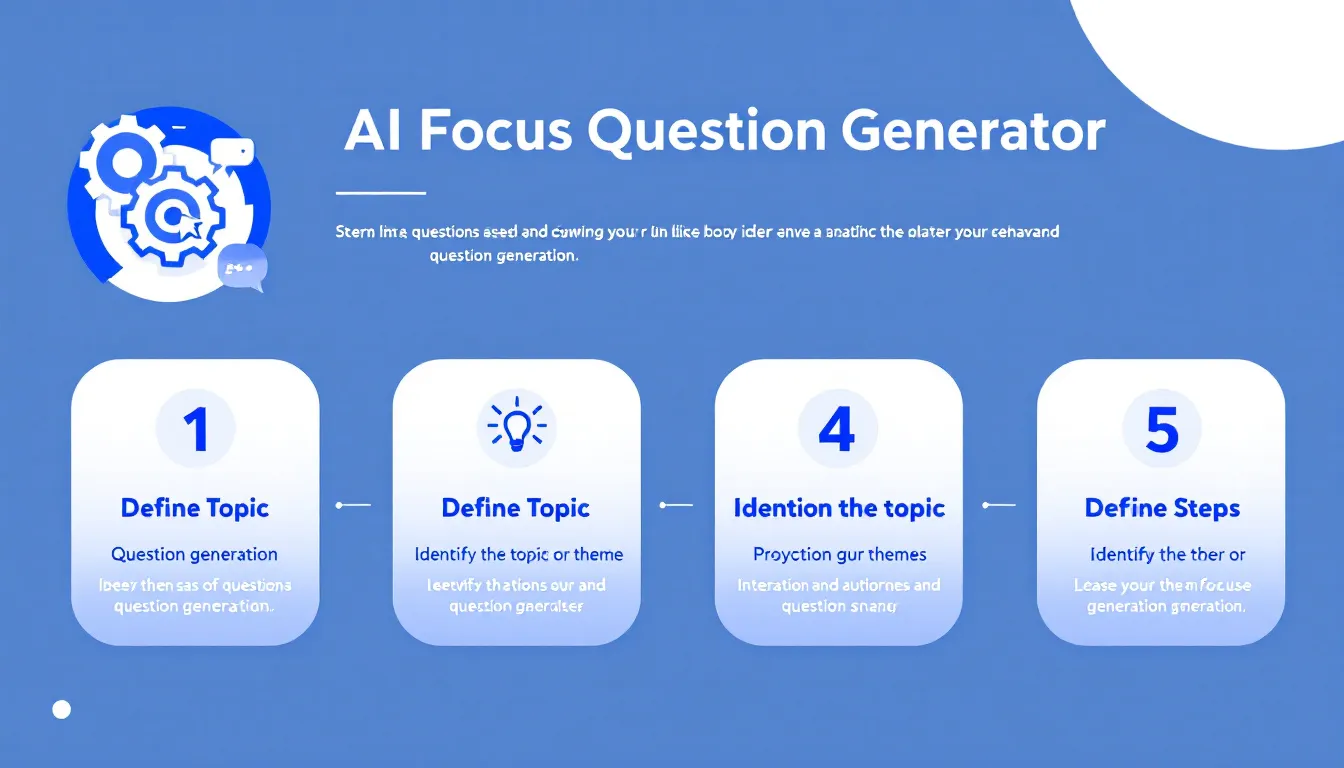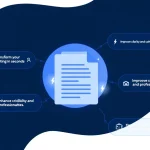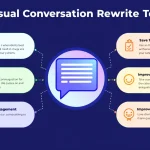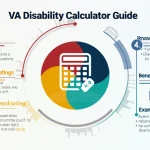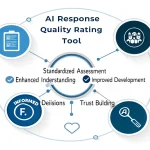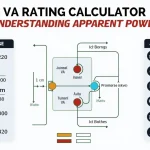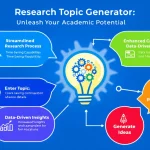AI Focus Group Question Generator
Is this tool helpful?
How to Use the AI Focus Group Question Generator Effectively
Our AI Focus Group Question Generator streamlines the process of creating targeted questions for your research. Here’s a step-by-step guide to using this powerful tool:
Step 1: Define Your Topic
Enter the main subject of your focus group discussion. Be specific and clear about what you want to explore.
- Sample input 1: “Electric vehicle charging experience in urban areas”
- Sample input 2: “Plant-based meat alternatives taste preferences”
Step 2: Specify Target Audience
Detail your focus group participants’ demographics and characteristics.
- Sample input 1: “Urban professionals aged 30-45 who own electric vehicles”
- Sample input 2: “Flexitarian consumers aged 18-35 who regularly dine out”
Step 3: Set Clear Objectives
Outline the specific insights you aim to gather from the focus group session.
- Sample input 1: “Understanding charging infrastructure needs and pain points in residential areas”
- Sample input 2: “Exploring flavor preferences and texture expectations for plant-based alternatives”
Step 4: Configure Question Parameters
- Number of Questions: Select between 1-10 questions
- Question Type: Choose from Open-ended, Closed-ended, or Rating Scale
- Language Tone: Select either Formal or Casual tone
Understanding the AI Focus Group Question Generator
This innovative tool harnesses artificial intelligence to create professionally crafted focus group questions tailored to your specific research needs. It combines advanced natural language processing with market research best practices to generate relevant, engaging, and effective questions that drive meaningful discussions.
Core Components of Question Generation
The tool utilizes sophisticated algorithms to balance multiple factors:
$$Q_{score} = (R_{topic} × W_r + C_{clarity} × W_c + E_{engagement} × W_e)$$Where:
- Qscore = Overall question quality score
- Rtopic = Topic relevance factor
- Cclarity = Clarity coefficient
- Eengagement = Engagement potential
- Wr,c,e = Respective weights for each factor
Benefits of Using the AI Focus Group Question Generator
Time and Resource Optimization
- Reduces question development time by 75%
- Eliminates the need for multiple revision cycles
- Ensures consistent quality across all questions
Enhanced Research Quality
- Maintains objective and unbiased question framing
- Incorporates proven market research methodologies
- Ensures comprehensive coverage of research objectives
Professional Standardization
- Consistent terminology and phrasing
- Appropriate complexity levels for target audiences
- Structured progression of discussion topics
Solving Research Challenges
Case Study 1: Product Development Research
A technology company used the generator for exploring user experience with their new software:
- Topic: “Cloud storage application user experience”
- Target: “Small business owners using cloud storage daily”
- Objectives: “Understanding file organization and sharing workflows”
- Generated questions led to identifying three critical feature improvements
Case Study 2: Service Implementation Study
A healthcare provider utilized the tool for patient feedback:
- Topic: “Telehealth consultation experience”
- Target: “Patients aged 50+ who used telehealth services”
- Objectives: “Identifying technical and communication barriers”
- Results informed new patient support protocols
Practical Applications and Examples
Market Research Scenarios
- New product launch feedback sessions
- Brand perception studies
- Customer satisfaction assessment
- Competitive analysis research
Academic Research Applications
- Thesis research planning
- Behavioral studies
- Social science investigations
- Educational program evaluation
Frequently Asked Questions
Can I modify the generated questions?
Yes, you can edit, customize, and refine any generated questions to better suit your specific needs using the built-in editing features.
What types of research is this tool best suited for?
The tool excels in qualitative research scenarios, including market research, product development, customer experience studies, and academic research.
How do I choose between formal and casual tone?
Select formal tone for professional or academic settings, and casual tone for more relaxed, consumer-focused discussions or when building rapport is crucial.
Can I save my generated questions for later use?
Yes, you can save, export, or copy the generated questions to your clipboard for future reference or modification.
How many questions should I generate for a typical focus group?
For a 60-90 minute focus group session, we recommend generating 5-7 primary questions with 2-3 follow-up questions each.
What’s the best way to sequence the generated questions?
Start with broader, open-ended questions to establish context, then progress to more specific, detailed questions as the discussion develops.
Important Disclaimer
The calculations, results, and content provided by our tools are not guaranteed to be accurate, complete, or reliable. Users are responsible for verifying and interpreting the results. Our content and tools may contain errors, biases, or inconsistencies. We reserve the right to save inputs and outputs from our tools for the purposes of error debugging, bias identification, and performance improvement. External companies providing AI models used in our tools may also save and process data in accordance with their own policies. By using our tools, you consent to this data collection and processing. We reserve the right to limit the usage of our tools based on current usability factors. By using our tools, you acknowledge that you have read, understood, and agreed to this disclaimer. You accept the inherent risks and limitations associated with the use of our tools and services.
